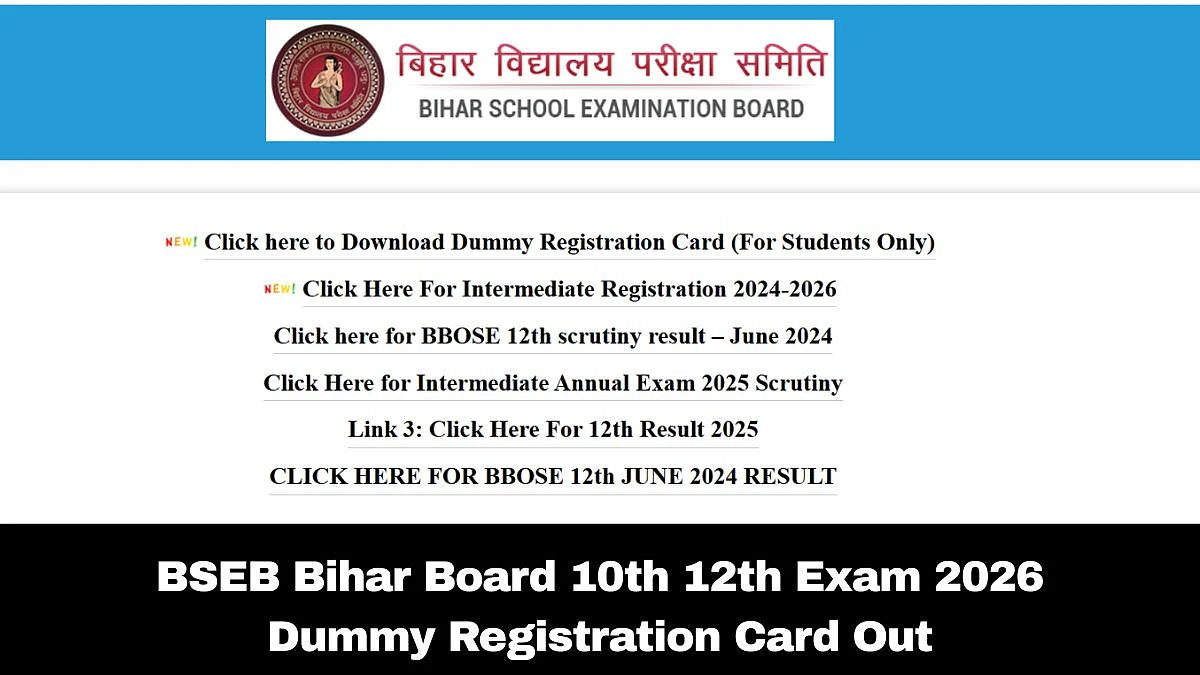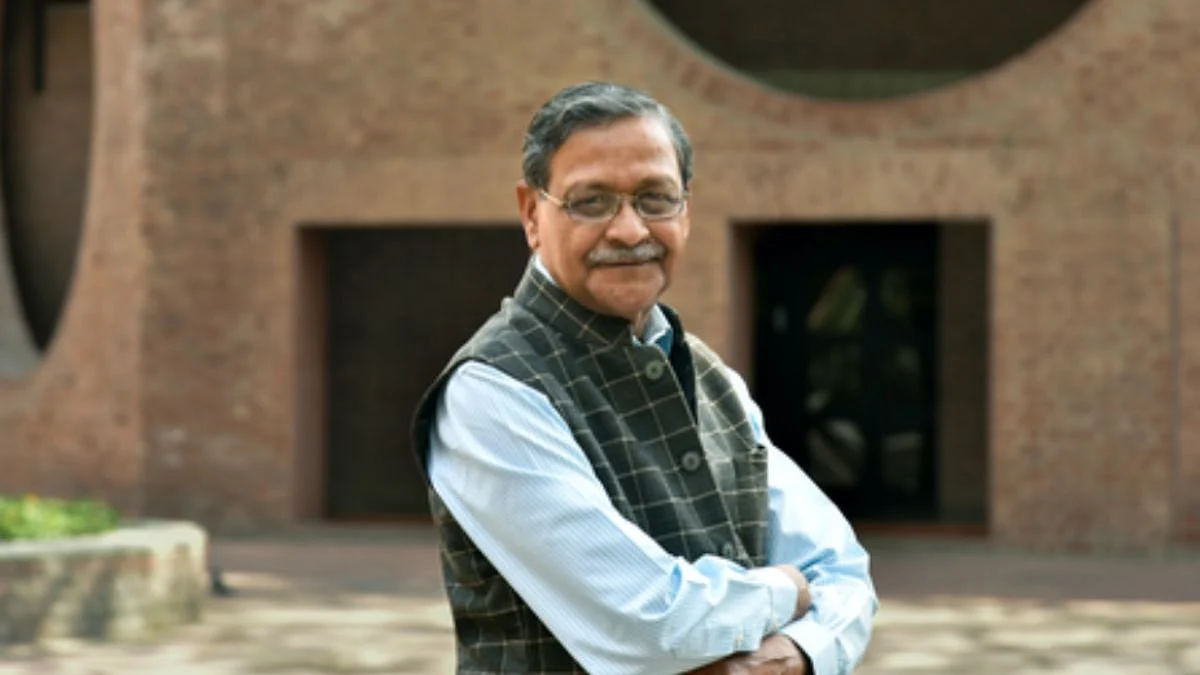UPSC Exam Reform: In a forthright demand for restructuring India's top civil services exam, ex-Reserve Bank of India (RBI) Governor Duvvuri Subbarao has called for sweeping reforms to the UPSC Civil Services Exam, such as a cut in the upper age bar and the number of attempts by candidates. His proposals, featured in an opinion article in The Times of India, contend that the system be made more efficient, less psychologically demanding, and more in tune with practical needs of governance.
Decrease Attempts and Age Limit: A Move Towards Merit and Psychological Well-being
Currenty, the candidates get a maximum of six chances at the UPSC exam from 21 to 32 years of age. Subbarao disparages this wide window, underlining the mental pressure and emotional burden on the repeatedly failing aspirants. He refers to the psychological fallacy called the "sunk cost fallacy", whereby the candidates continue to take the test despite low chances of passing, simply because they've already sunk considerable time, money, and effort into it.
To mitigate this, he suggests three attempts and a reduced upper age limit of 27 years. Such steps would make serious preparation a must for aspirants and also curb the tendency of approaching the examination as an extended experiment in perseverance instead of an earnest pursuit of public service.
Flaws in the Existing Selection Process
Subbarao argues that the current system is prone to “Type I and Type II errors” — selecting candidates who may not be suited for public service while potentially rejecting those who are. He suggests that with multiple attempts and a long eligibility period, the exam increasingly rewards exam-taking skills over inherent merit or aptitude for governance and public administration.
Calling for Mid-Career Talent: 40-Year-Olds Should Be Given a Chance
The most striking of the suggestions of the ex-RBI governor is the one to establish a special annual recruitment stream for 40–42-year-old experienced professionals. According to Subbarao, these people have invaluable real-world experience, strategic thinking, and mature leadership that the younger IAS officers might not be able to command yet.
Though he affirms the worth of youth in the civil services — referring to their "raw enthusiasm" and "unspoilt enterprise" — he feels that the inclusion of experienced professionals within the IAS would bring refinement and balance to India's administrative machinery.
Civil Services Need an Upgrade, Not Abandonment
Recalling his own experience taking the civil service exam more than 50 years ago, Subbarao conceded that UPSC has traveled a long way since then, but holds that the system has to transform along with India's evolving needs for governance. His vision is a "UPSC 2.0" a contemporary, reformed version that is equally dynamic and young, yet experienced, and merit-based as well as mentally healthy.
His insightful opinion piece is bound to provoke discussion among policymakers, scholars, and aspirants alike, as India struggles to figure out the best way to construct a strong and future-focused bureaucracy.











